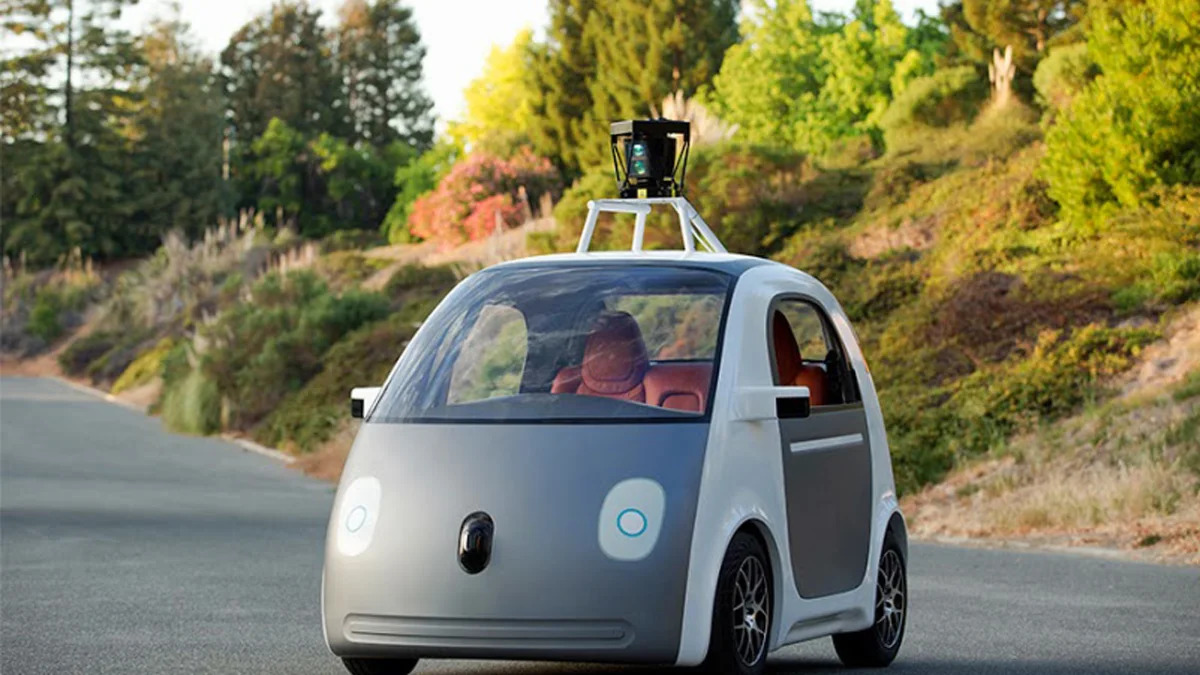The University of Michigan Transportation Research Institute stays on the forefront of automotive topics with projects like its autonomous vehicle test track and reports on the motorization of the nation. In a new study, two authors from UMTRI, Michael Sivak and Brandon Schoettle, make a fascinating discovery about the possible future of driverless cars. According to this research, about one in ten people riding in them could get sick during a drive.
The problem is motion sickness, and the queasy feeling is known to be caused by an inability to anticipate movement, a lack of control and a conflict between the sense of balance and visual information. All three of these are potential factors when riding in an autonomous vehicle. Additionally, a previous study of what people might do in a driverless car found that 37 percent of those in the US would engage in an activity that's known to make the condition worse, like reading or watching a movie.
When the authors compared the survey's results to the known rates of motion sickness, they found between six and ten percent of adults not watching the road in an autonomous vehicle would "often, usually, or always experience some level" of the condition. Furthermore, between 6 and 12 percent of folks might have a moderate or severe version of the illness at some time in a driverless car.
With Delphi already piloting a car autonomously cross-country and BMW drifting an M235i without driver intervention, driverless tech is continuing to progress. The authors of the study suggest ways to make things better for passengers, though. For example, a larger field of view reduces motion sickness, and they suggest designing models with larger windows. Also, looking forward can help, so keeping displays straight ahead would be a good idea.
The problem is motion sickness, and the queasy feeling is known to be caused by an inability to anticipate movement, a lack of control and a conflict between the sense of balance and visual information. All three of these are potential factors when riding in an autonomous vehicle. Additionally, a previous study of what people might do in a driverless car found that 37 percent of those in the US would engage in an activity that's known to make the condition worse, like reading or watching a movie.
When the authors compared the survey's results to the known rates of motion sickness, they found between six and ten percent of adults not watching the road in an autonomous vehicle would "often, usually, or always experience some level" of the condition. Furthermore, between 6 and 12 percent of folks might have a moderate or severe version of the illness at some time in a driverless car.
With Delphi already piloting a car autonomously cross-country and BMW drifting an M235i without driver intervention, driverless tech is continuing to progress. The authors of the study suggest ways to make things better for passengers, though. For example, a larger field of view reduces motion sickness, and they suggest designing models with larger windows. Also, looking forward can help, so keeping displays straight ahead would be a good idea.




Sign in to post
Please sign in to leave a comment.
Continue